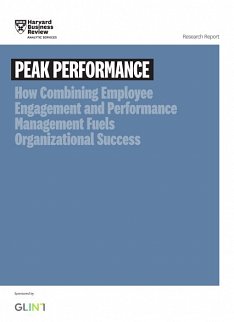Blog Post
In today's tough economy, many companies find they must lay off some of their most experienced (i.e., expensive) employees in favor of lower cost labor. But research -- and history -- shows that experience has value that can't be achieved any other way.
I'm reading a report just out on "Women CIOs & the Art of Influence" from the CIO Executive Council, in partnership with The Leader's Edge (you can access the report on the Council's website). One of the findings shows that when it comes to effectiveness and the ability to influence outcomes, age and seniority matter. Women with more than 25 years of experience and with senior IT leadership titles were more effective than those with less than 25 years on the job and lower level titles. The ability to influence, deemed "very important" by 92 percent of study participants, manifests itself in various ways, including that "more senior IT leaders consider what's in it for the stakeholder more frequently than do their less experienced counterparts."
This reminds me of a story I once heard about the founding of Outward Bound, the wilderness-based training program whose stated mission is "To help people discover and develop their potential to care for themselves, others and the world around them through challenging experiences in unfamiliar settings."
During World War II, someone observed that contrary to expectations, younger, more physically fit sailors had more trouble surviving shipwrecks than their older shipmates. It seemed that experience -- having dealt with similar situations in the past -- made the older sailors better able to survive, even if the were less physically fit. The owner of a shipping company began looking for a training program for young sailors who seemed to lose "the tenacity and fortitude needed to survive the rigors of war and shipwreck" when confronted with emergency situations. Outward Bound was formed to simulate such experiences and better prepare them to survive.
Businesses should pay heed to this example and make sure they a) retain enough experience managers to help them navigate these challenging times and b) find ways to quickly expose less-experienced managers to situations that will give them the seasoning they need.




